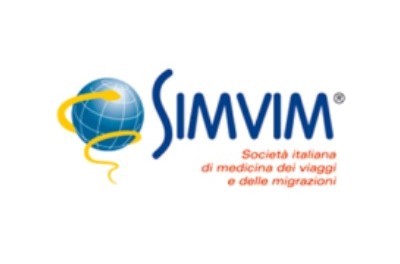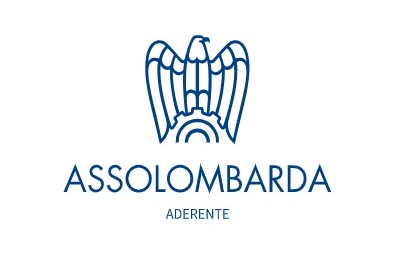The importance of a personal travel medical kit
Category: News - Author: Mirco Neri
This dramatic epidemic has brought to light many problems for travellers, habits that were taken for granted or precautions that were not considered important.
One of these is the “non-habit” of “building” a travel medical kit, both with material for minor unforeseen events, but above all with basic medicines and/or medicines prescribed by one's own doctor.
Very often it was taken for granted that commonly used antibiotics could be found in any pharmacy anywhere in the world; carrying anti-hypertensive supplies for a fortnight on a trip of only seven days was unheard of.
Now, with thousands of people stranded all over the world, in resorts or hotel rooms unable to leave, it is easy to see that you have to be prepared. Even the simplest 5-day trip to Europe can present pitfalls.
Basic or over-the-counter medicines
Have a supply of the drugs you are familiar with, you know are effective and you are not allergic to. In some countries it is complicated to get the same medicine you are used to, and it is not advisable to have to buy, for example, an antipyretic at 4 a.m. in an unfamiliar city.
Medications for chronic diseases
You must carry enough to last at least 30 days, and not stow it in the hold. For certain sensitive drugs, it is advisable to always carry the original doctor's prescription.
Prescription drugs
It is advisable to carry broad-spectrum antibiotics prescribed by your doctor for common conditions, such as a dental abscess, bacterial pharyngitis, cystitis, bacterial diarrhoea, etc.
Of course, one has to know when to take these drugs, but even in this case, it will be easier after having been seen by a doctor on site, with his/her prescription, to take the drug you are familiar with and without having to go and buy it in a foreign country.
Moreover, they are very often bacterial infections you have already had and you have already used the drugs to treat them.
Obviously, for any emergency/urgency, the local medical services should be contacted immediately.
Again, health insurance is part of the medical kit. But we will talk about this subject another time.
We only point out that it is recommended to have it for every trip, even for European countries. Although it is true that health care is guaranteed in European countries, this is done through the public health system. Relying on the public assistance solution is great for real emergencies, but in situations requiring a simple medical consultation, perhaps a specialist one, it is certainly better to be insured and to rely on a private practitioner, recommended and selected by the insurance company, and not on the emergency room, with all that this may entail.





